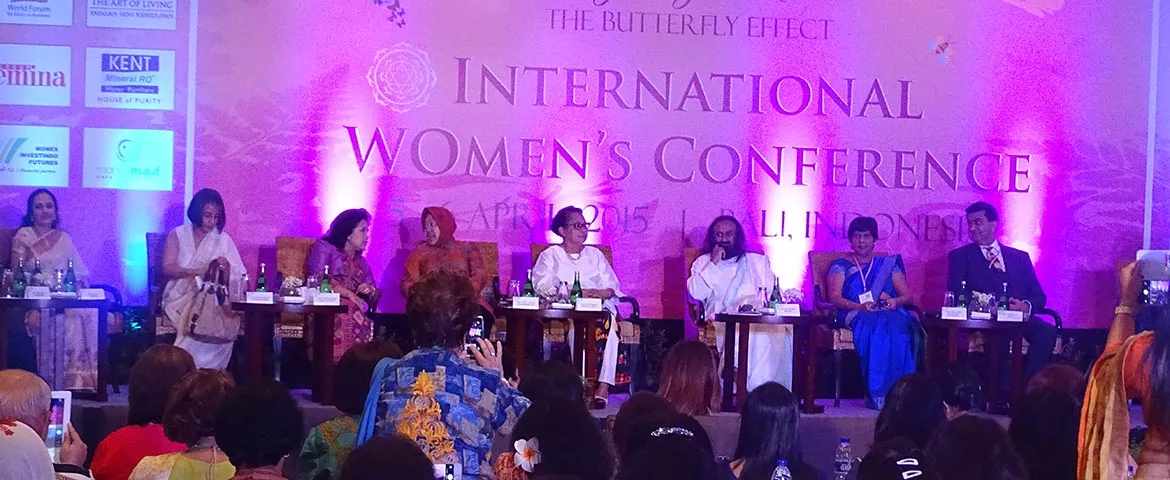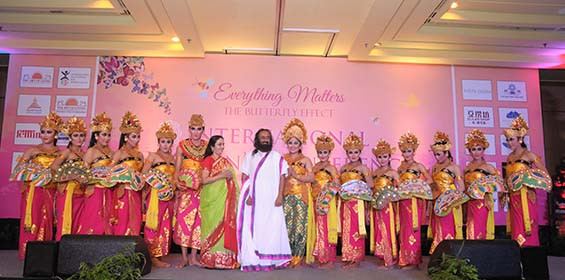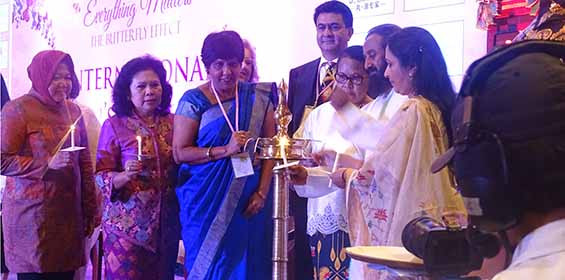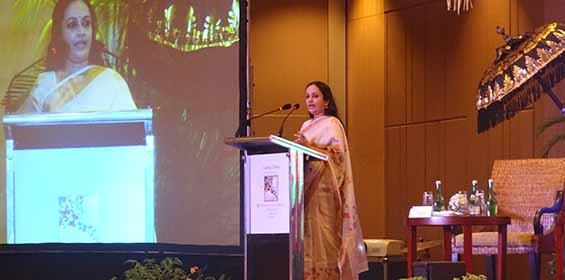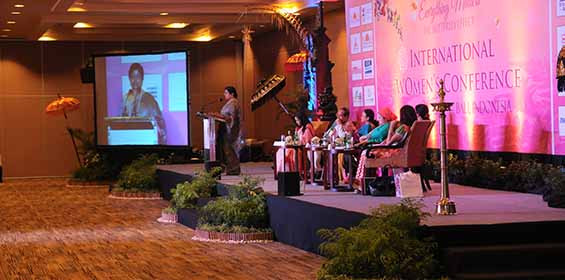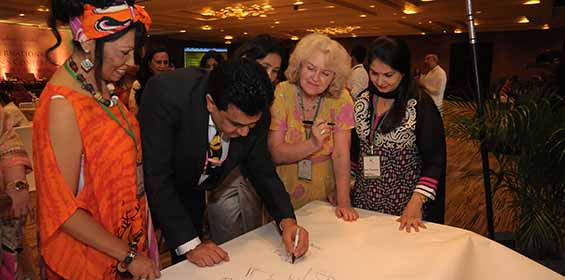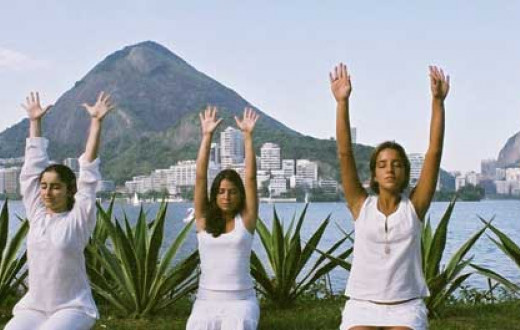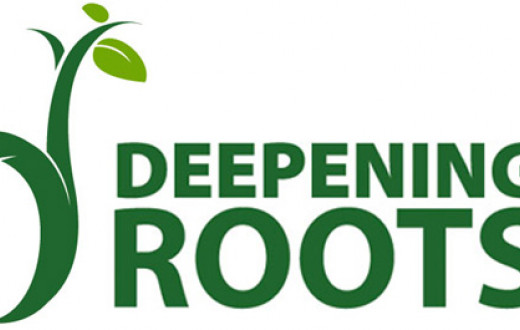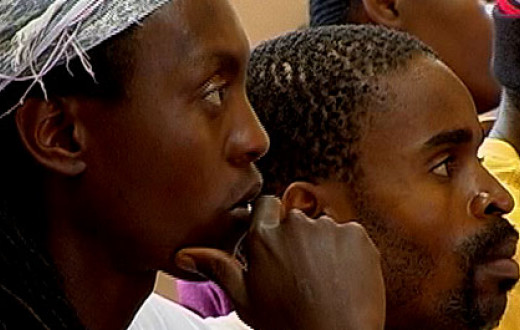Excerpts from the Speech of Ibu Helianti Helman Founder & Chief Executive Officer, Javara, Indonesia
Good Afternoon. I want to talk about the food bio-diversity and spirituality. I think a lot of people right now are still looking into food as part of physical action but we have forgotten our roots that bio-diversity of food and spirituality have always been interconnected. So Indonesia basically, has the world’s second largest bio diversity. The question is who will be the guardian of this existence and what are the values that would allow it to stabilize? Now, I have to do a reality check.
No.1: Everybody is always saying that we need to feed the planet and therefore productivity is always the priority of the production. But the question is do we think of the God (nature) given seeds as lesser as compared to the man made seeds. Do we believe that man can make better seeds than what God has given us?
No. 2: Do we believe that every agriculturist needs an outside chemical input?
No. 3: Do we believe that except for the human kind, the other living creatures do not have their rights over food? That's why in agriculture, we have been calling animals as pests and the other plants we do not eat as weeds. The question is are we feeding our planet or are we feeding our greed?
Pleased with the inspiration of the Javara. In 1970, he choose to grow local seeds or "God given seeds". He refused to grow man-made seeds, "the new modern seeds" and as a result, he was sent to prison and his ID was stamped as that of a communist! So, what he did, he decided to grow the local seeds in baskets in his house.
So reality check. While Indonesia has mega bio-diversity, most of them are lost, near extinct or simply forgotten. Indonesia is supposed to be an agriculturist’s nation, but 14 million of the poor among the nation are the farmers!
I would like to quickly revisit these slides with the audience. This is an example of indigenous tribes in West Java who decided to continue the 1628 tradition of undertaking food production that fully complied with the environment.
This is an example of how God given seeds are:-
We have rice which can grow in the sunny areas, taking water from the sea
This is the swap wild rice that can grow in the swamp area
This the shed grown paddy that can grow in the forest
This is a dry land paddy which is drought resilient
This is something which I don't have the picture for. We have lost this. This is the paddy that is supposed to grow in the lake.
This is the community that I have been talking about. They are the descendants of Vajaran Kingdom, 1650. So, they believe that seeds are the source of life. So they still keep 125 varieties of indigenous rice seeds and they believe earth is the mother and sky is the father. Yes, any mothers you should not bare more than 1 children in a year. You should not grow rice more than one time in a year because then you will leave the soil not very nutritious.
They always believe everything starts with praise, before they do anything, everything starts with praise. Because of their ways undertaken for production, they follow the star sign. When they should grow, which type of rice they should grow, how they should grow it. They all follow the star signs and what is the result?
Throughout 644 years of their existence they have never experienced crop failure and each of the households has at least 5 to 10 tons of rice inventoried. Can you say the same thing about us? No. Why they can do it? Because they decided to go all the way to respect nature and the spirituality that goes with it. So, next I would like to just play the video that tells the story. This was the background of our work and what we want to do is how to engage the market, how to motivate the consumers to respect the bio-diversity and make this understood that this is not just a food product. This is the cultural product. This is the product of our culture. Thank you.
